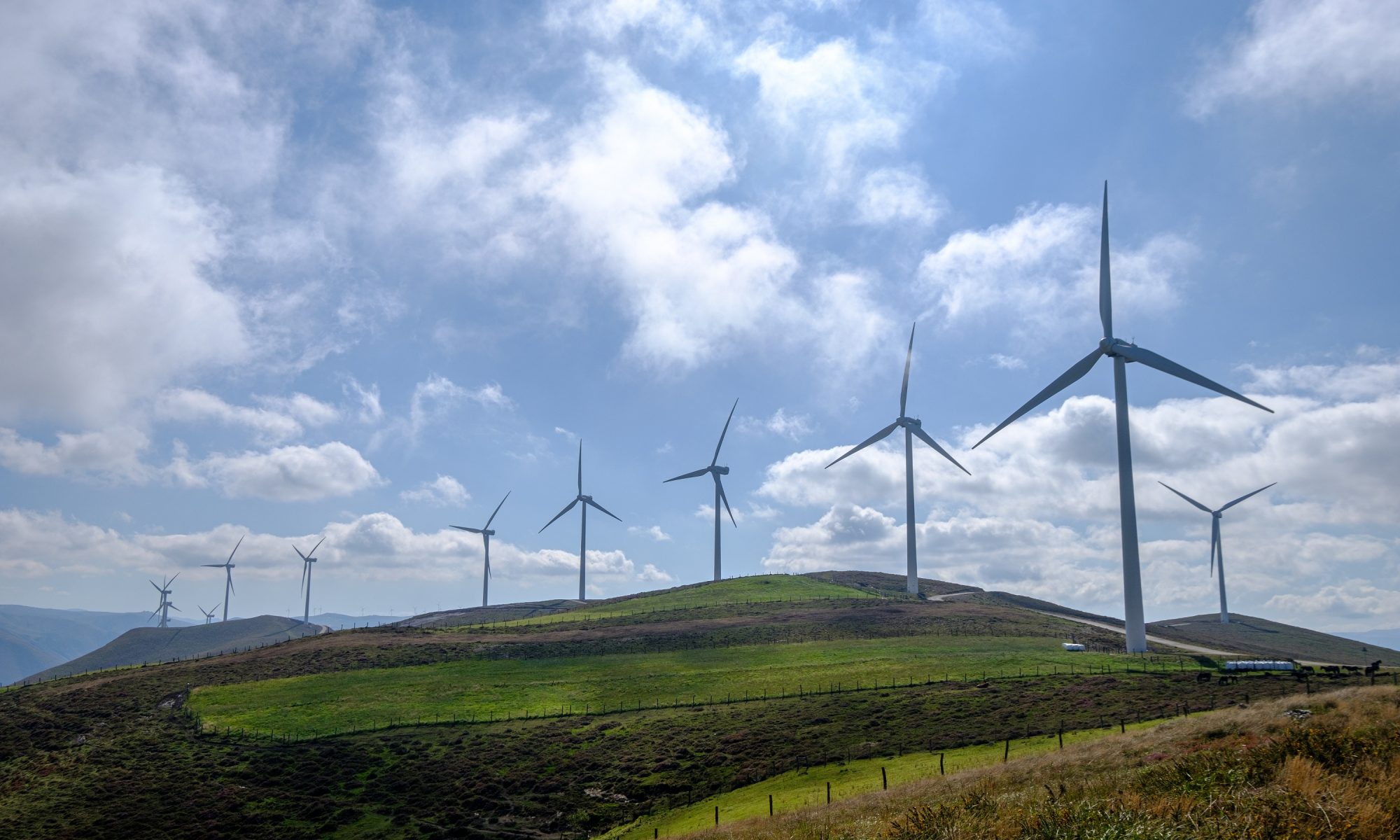April 3, 2023
Grace Schneider
At the beginning of February, the European Commission presented its “Green Deal Industrial Plan” (GDIP) to complement preexisting efforts under the European Green Deal and advance the European Union to the forefront of “the net-zero industrial age”. (EU Commission) The plan laid out 4 pillars guiding its efforts. The pillars are (1) a predictable and simplified regulatory environment (2) fast access to sufficient funding (3) skills and (4) open trade for resilient supply chains.
Pillar one, the regulatory environment, includes 3 proposals to advance industrial competitiveness within the EU. The first two proposals come in the form of the Net-Zero act and the Critical Raw Materials act, while the third element focuses more on reform of existing arrangements. (EC Communication)
Pillar two, finance, aims to increase access to all sources of funding for endeavors working towards the net zero goal. Member States seeking greater access to funding will face lower barriers, the EU intends to increase funding to REPower EU, and a call for full realization of Capital Markets Union finishes the 2nd pillar. (EC Communication)
Pillar three, skills, aims to up and re skill EU workers, by providing new initiatives and increased funding, Skill initiatives will be available throughout relevant workforces, better representation in STEM will be worked towards, and implementation of the European strategy for universities will make higher education more transnational. (EC Communication)
Pillar four, trade & resilient supply chains, reaffirms existing arrangements such as support for the WTO and free trade agreements between the EU and individual nations. The pillar also highlights the importance of transatlantic cooperation in the face of the Inflation Reduction Act. Finally, new proposed initiatives are included that would foster even more partnership with various nations and groups. (EC Communication)
As demonstrated by the official text, GDIP contains ambitious goals, but its implementation may pose significant challenges. Both the European Council on Foreign Relations and Edelman produced detailed analyses of the plan, including outside perspectives that contextualize it with the current political climate of the Union.
The European Council on Foreign Relations (Gehrke) highlights the external factors that could impact the realization of the plan’s goals, including funding, feasibility, and security concerns. ECFR also highlights the role the American Inflation Reduction Act and current Chinese relations played in the creation and announcement of GDIP. The ECFR suggests that policymakers collaborate with key players, factor in complex risk assessment methods, and provide plans to address risks that may arise. Issues of greatest concern included supply chain protection and general security concerns (Gehrke). The key takeaway is that the EU should carefully consider every step of implementation before taking definitive steps forward.
To address the concerns surrounding GDIP, stakeholders need to work collaboratively in taking specific steps. Edelman’s analysis highlights that the Green Deal Industrial Plan aims to transform the environment impacting physical net-zero-related items in sectors such as manufacturing and technology. The report also summarizes the varied stakeholder reactions to the plan. While member states have welcomed the increased funding opportunities, companies have expressed caution regarding the regulatory changes included in the plan. Opinions varied across EU political parties, with all expressing levels of disappointment related to the timing or robustness of the plan. NGOs have voiced their feelings that the plan falls short of expectations and seek more specific, comprehensive policies. (Edelman) All reactions lend support to the notion that greater details through enhanced communication stand to give GDIP the greatest chance at success in implementation.
GDIP presents itself as a positive jumping off point for the EU with much work to be done. All efforts towards the net-zero age are positive, but proper collaboration and implementation are crucial to ensure large promises become long lasting solutions.
Further Reading
Reference List
Gehrke, Tobias. (2023). “Strategy and Risk: How to Make the Green Deal Industrial Plan a Geoeconomoic Success.” European Council on Foreign Relations.
Edelman Global Advisory. 2023. The European Green Deal Industrial Plan.
European Commission. 2023. A Green Deal Industrial Plan for the Net Zero Age.
